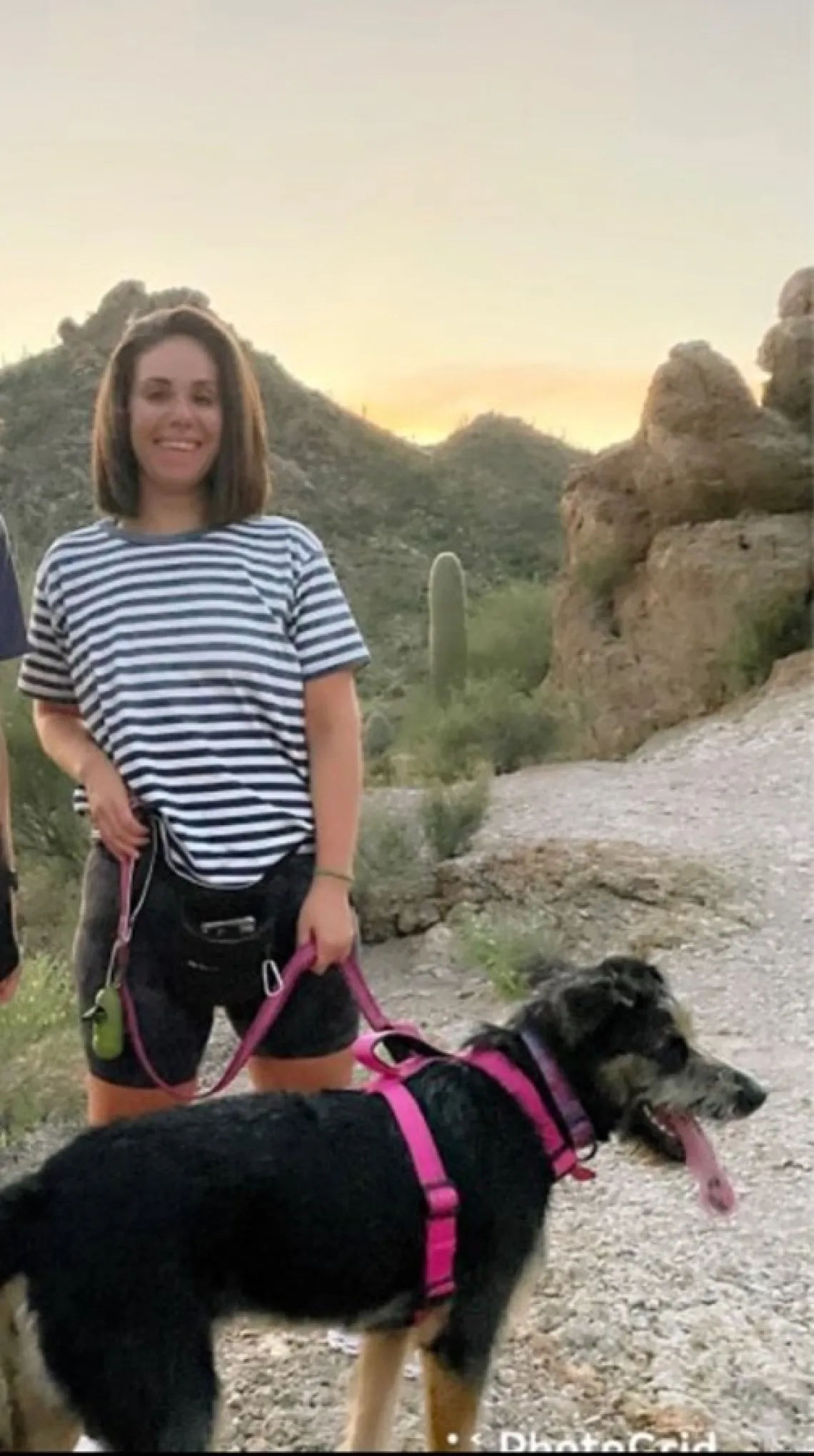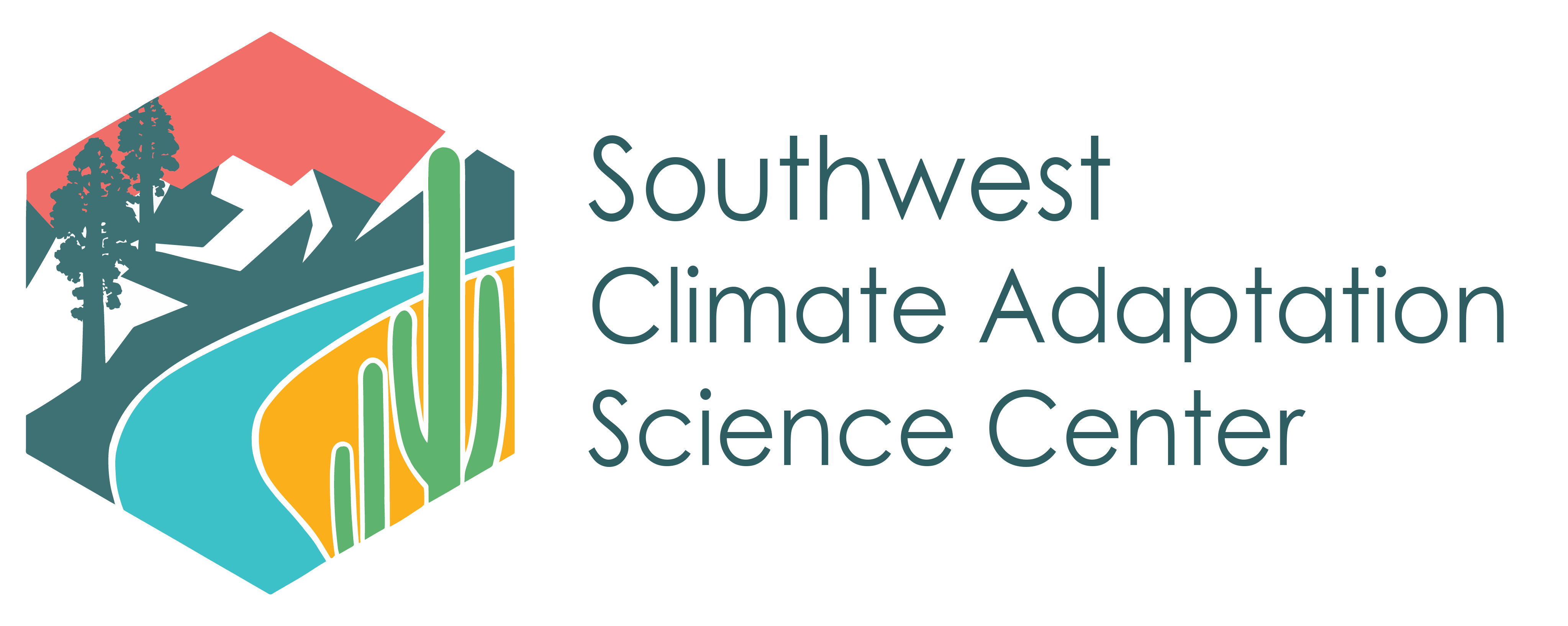Challenges of Communication in a Team Science Setting

Sara Leopold is pursuing a M.S. in Water, Society, and Policy at the University of Arizona. Below are her reflections on the SW CASC Natural Resources Workforce Development (NRWD) Fellowship.
One of the things I was most nervous about when starting my master’s program was my lack of background and experience in science. While I have a diverse educational background in studio art and law, I have not taken a science class, nor really engaged with science in any way, since the 9th grade. That being said, my career path of choice, water policy, relies heavily on scientific data for decision-making. Therefore, when the opportunity to apply for the 2021-2022 SW CASC Natural Resources Workforce Development Fellowship was presented to me, I thought it sounded like a great opportunity to learn how to interact and collaborate with scientists.
The research focus given to our cohort was endangered streams and building relationships with stakeholders. With a background in law, I thought my skills could lend itself to the stakeholder engagement and policy aspect of this project, since there is usually a lawyer involved somewhere in the policy decision process. Further, if the scientists in the group need to communicate their findings to stakeholders, then having someone in the cohort who has only basic scientific knowledge could be great practice for them when translating complex data into something digestible for the average stakeholder.
Our cohort spent months trying to come up with a project that encompassed as many skillsets as possible. We eventually decided on a review paper that discusses process-based stream restoration techniques, practitioners’ views about said techniques, and how the implementation of the prior appropriation system through laws can deprive these projects of success. When we began, I think there was a general consensus that we all understood how each section of the review paper would fit together and make a cohesive piece. What we are discovering, now that we are at the point where we have to finalize the paper, is that it is not so easy to bring different types of information together, highlighting one problem that I suspect makes team science so difficult.
This experience has been eye opening and incredibly informative for me, as I see why policy makers may find it difficult to understand scientists. Our cohort is comprised of 8 people with 8 completely different backgrounds, with our own languages and ways of communicating. When we are all together and trying to communicate our research and how it relates to the paper at large, I know I’ve had moments where I realized the rest of the group did not understand what I was talking about, requiring me to give context to things I usually wouldn’t think I needed to. What I have come to learn from working with my other fellows, is that the sciences are extremely specialized, much more so than law and policy, which can make it difficult for scientists to work together, and even harder for policy makers to understand group science. That being said, I know the group is going to be able to bring all the information together in a cohesive manner, and I think this experience will help us all be better prepared for the next time we collaborate with people outside of our professions.

